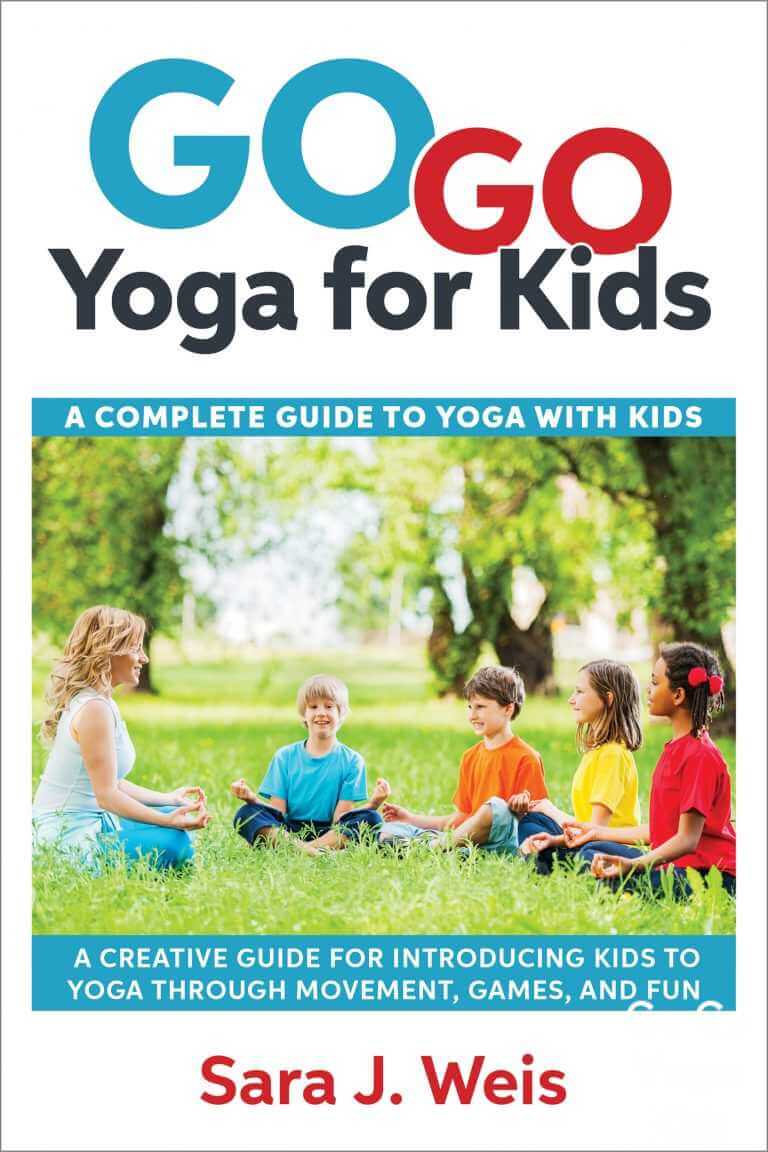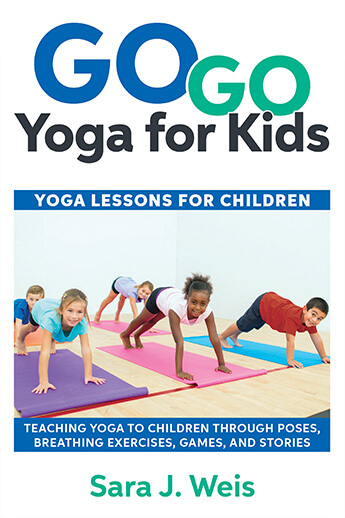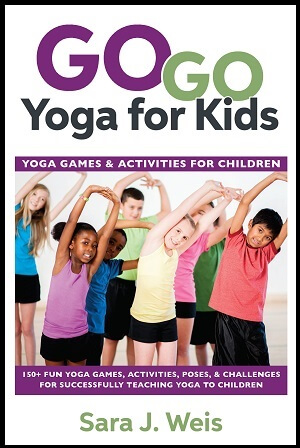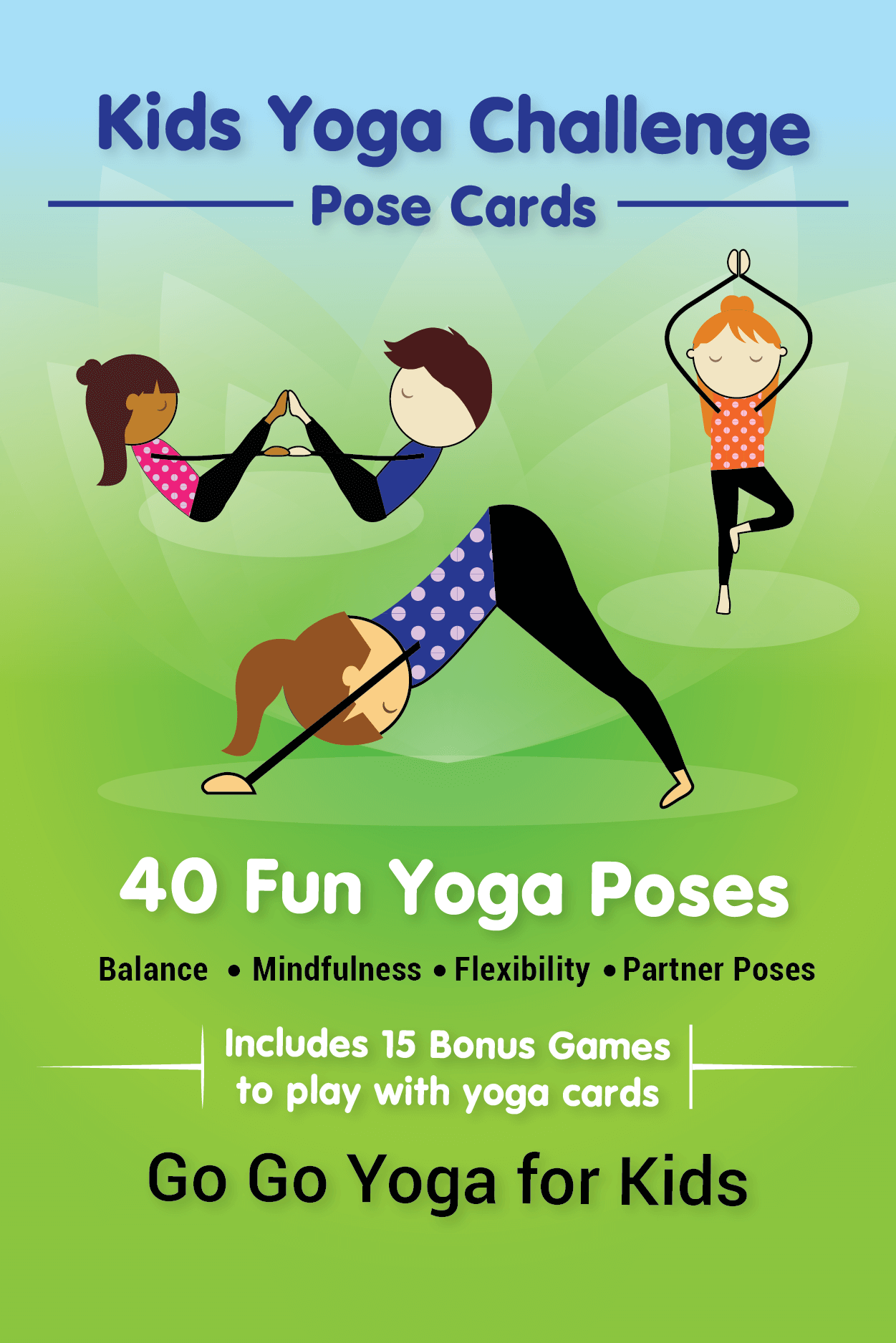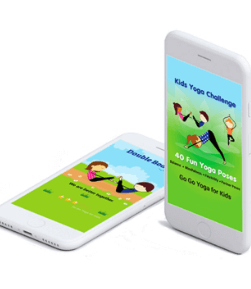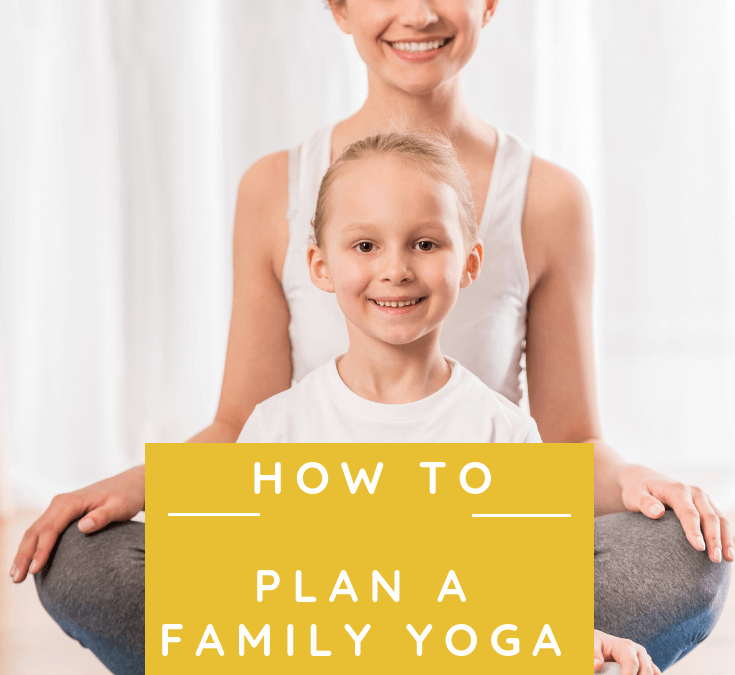
7 Family Yoga Ideas To Help Parents And Children Practice Together
Yoga doesn’t have to be an adult-only zone. Children have shown that they can benefit from a yoga practice too. It can help with their fitness, relax them and even enhance their focus in the classroom. The idea of family yoga is exciting to parents that want to teach poses to their children, but where do we start? How do we make yoga child-friendly and enjoy a family session?
7 Family Friendly Yoga Ideas
1. Communicate with your child and teach them some easy poses that you can do together.
If you want to start with family yoga sessions, you need to start slow. The concepts may be a little strange to kids at first, so take it one step at a time. If they lose track of their breathing or a routine, it doesn’t matter. Keep talking to them as they change position so they can express how it feel, what they like and dislike. Be prepared for the fact that many kids will get frustrated the first time. Talk to them about why they are struggling and encourage them to try again. Their flexibility and enthusiasm could take them into poses they didn’t know were possible. Yet, start simple with some cross-legged positions, downward dog, and cobra pose.
Be prepared for the fact that many kids will get frustrated the first time. Talk to them about why they are struggling and encourage them to try again. Their flexibility and enthusiasm could take them into poses they didn’t know were possible. Yet, start simple with some cross-legged positions, downward dog, and cobra pose. The Kids Yoga Challenge Pose Cards provide great pose visuals for adults and kids.
2. Don’t be afraid to break the rules a little if it means having fun.

The appeal of these family yoga ideas will depend upon your attitude to the practice. Are you someone that takes it very seriously, from the precision in the poses to the breathing? Or are you more casual about it all?
Breathing and safety in the poses are important, but kids need a little leeway here. Let them adapt to a comfortable position. Don’t get frustrated at them for them not breathing properly or doing the poses correctly. Instead, model the breathwork and poses. The important thing is that you are engaged, communicating and enjoying the experience together. Go Go Yoga for Kids – A Complete Guide To Yoga With Kids is a great resource for making yoga fun yet educational for kids.
3. Make some noise
Many of us are drawn to yoga because of the meditative side of the exercise. Not only are we aiding our bodies and building strength, tone and flexibility, but we are also imporoving our mental health. This is where deep breathing and quiet environments are so helpful for our state of mind.
Naturally, kids don’t want to be quiet all the time while having fun with yoga, and they shouldn’t have to be. These noises can be an expression of their feelings, either joy or frustration. Allow them to let it all out and join them, make it a joint expression. If they want to bark like a dog every time they go into a downward dog then that’s fine. Besides, if laughing yoga can become in the hit in some communities, some giggling and animals noises are fine.
4. Find the balance between technique and enjoyment
Family yoga can be tricky for parents to get into because it requires a different mindset. It is important to try and find a middle ground between a fun, silly activity and the deeper purpose of the practice. Talking, laughing and other expressions are great, but try and teach them the basics of the purpose of the poses and breathing. Explain to them that they will need to take a certain amount of deep breaths through the nose for each pose. Before long you will get into a rhythm with the routine and breathing and they start to relax a little.
5. Try some partner poses
There are some parents that take family yoga ideas to another level with some partner poses. When your child has the confidence in their abilities, and the basics of poses and breathing, these joint poses increase the difficulty level. It is fun to work side by side, but it can, even more, fun to try and balance in poses together.
The Kids Yoga Challenge Pose Cards includes several partner poses that work together for adult and children. Obviously, you should only try this out in a safe environment and work on these poses gradually. But, there is a lot of fun in trying and even more satisfaction when successful. These poses are great for those working on their bond as they require a close physical and spiritual connection.
6. Those that lack the confidence to teach can join a local class.
There is something wonderful about this one-on-one time with your child. It can strengthen a bond and help you to communicate ideas on wellness and happiness. Still, there are those of us that will struggle to find the confidence to guide children through these poses, or the perseverance to encourage them when the poses get a little difficult. This is where is helps to join a local class. A trained teacher can work with you both on a family-friendly level. They can help you to learn new poses and ideas that can then be tried out at home. Also, this is a chance to meet other parents and children in the same situation.
7. Look out for classes with group activities where the whole family can get involved
Find a class through your community, parks and recreation, or local gym that focuses on that parent-child relationship or work on child-friendly instruction. There are those that take the activities further and bring yoga poses in group games. This is a social event where everyone can join in and you are not restricted to 2 person activities. Therefore, if you want to bring a second child, a partner or perhaps a grandparent, everyone can have fun. Again, these games and techniques can be brought back to the family home for playtime on family gatherings.
Family yoga comes in different forms, from those simple routines to the partner poses and classes for the whole family. Anyone can bring their child into the world of yoga with the right attitude and techniques. Start slow and find a way to teach them the basics that are fun and inclusive. Then you can look into new games, classes, and ideas as you progress.
Guest Post written by Hieu Pham

